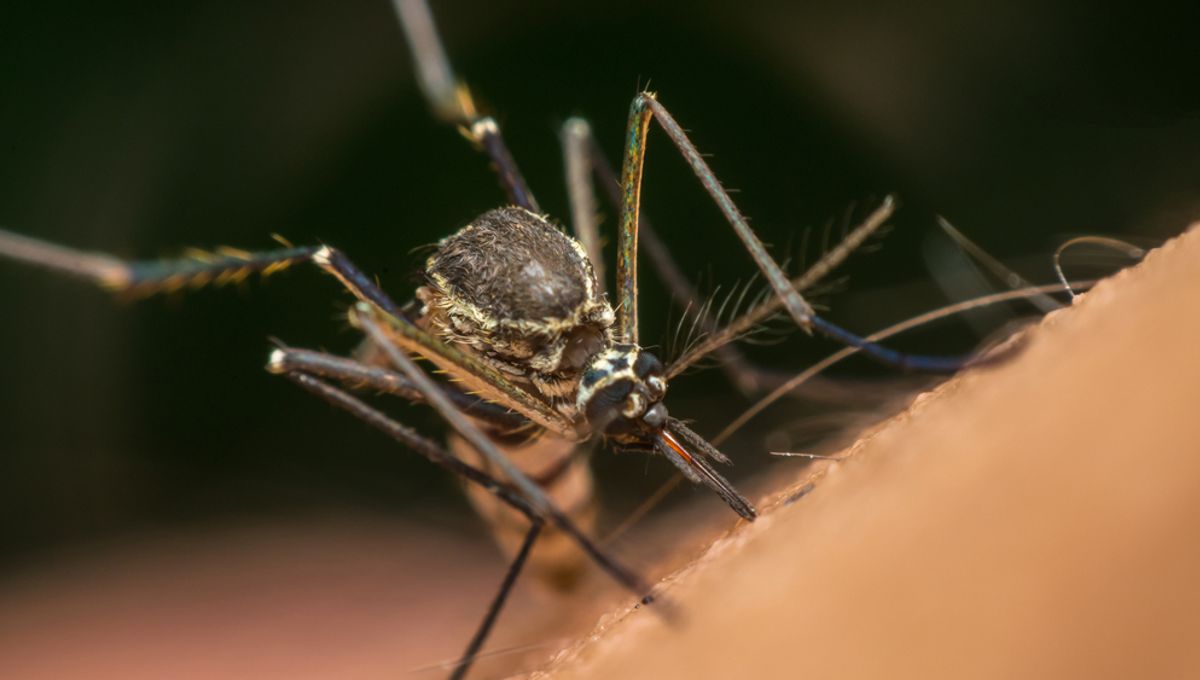Mosquitoes get a bad rap – and for good reason. Not only can these flying insects leave a nasty bite, they are also responsible for transmitting the parasite that causes malaria. However, with new research, mosquitoes may also offer a creative solution to the disease.
By infecting mosquitoes with a genetically modified version of the malaria-causing parasite Plasmodium falciparumresearchers developed a new vaccination strategy that uses live insects to immunize people against the disease. So far it has proven to be very effective. Initial studies found that nearly 90 percent of participants exposed to the modified parasite successfully avoided developing malaria.
Usually when a person is infected with Plasmodium falciparumthe parasites find their way to the liver. From there they infect the red blood cells. For this study, researchers modified two sets of parasites: one group (GA1) was designed so that they stopped developing about 24 hours after entering the human body; the other (GA2) was designed so that development stopped approximately six days after infection. In contrast to the first group, this last group (GA2) was able to develop to the liver stage.
Participants were assigned to three groups: GA1, GA2 and placebo. After receiving bites from mosquitoes carrying modified parasites, participants were exposed to mosquitoes carrying unmodified parasites. Those in the placebo group only received bites from mosquitoes carrying the unmodified versions. While all people in the placebo group developed malaria and all but one (87 percent) of those in the GA1 group contracted the disease, an encouraging 89 percent (8 out of 9) of those in the GA2 group did not.
“These findings represent an important step forward in the development of malaria vaccines,” Julius Hafalla, an immunologist at the London School of Hygiene & Tropical Medicine who was not involved in the study, told Nature.
“The persistent global malaria burden makes the development of more effective vaccines a critical priority.”
Malaria is a global health problem that dates back centuries and affected the ancient Egyptians. Although the incidence in the US is incredibly low, there were approximately 249 million cases in 2022, according to the World Health Organization (WHO). Of those infected, 608,000 died. Most of these cases occur in Africa, which accounts for 94 percent of incidents.
Currently, two vaccines have been approved to prevent malaria. However, they are far from perfect: they are only about 75 percent effective. In addition, there is a need for regular booster shots.
Hence the need for alternatives. However, although the published results appear extremely promising, the studies conducted to date have been small. Much larger trials are needed before these mozzie vaccines can be used more widely.
This study was published in the journal The New England Journal of Medicine.
